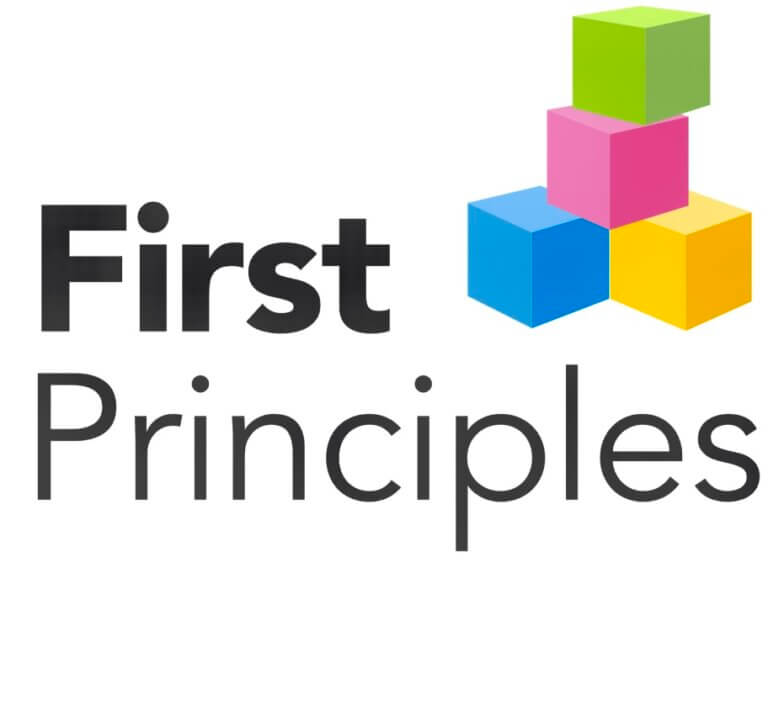Choosing the right financial advisor can make a profound difference in your financial well-being. But how can you identify the right one for your needs? Asking the right questions and understanding their services is essential.
Let’s explore why hiring an advisor matters and what you should look for.
The Financial Impact of Hiring an Advisor
Imagine two groups of individuals: Group A, who works with a financial advisor, and Group B, who doesn’t. Which group do you think tends to be wealthier and better positioned financially?
A 2019 Vanguard study found that a hypothetical $500,000 investment could grow to over $3.4 million with an advisor’s guidance over 25 years, compared to $1.69 million through self-management—50% less.
This difference translates to an 8% annualized growth rate for advisor-managed portfolios versus 5% for self-managed portfolios.
Why the Difference?
The gap in performance stems from several factors:
- Behavioral coaching to avoid costly mistakes like panic selling.
- Optimized asset allocation tailored to your goals and risk tolerance.
- Tax-efficient strategies that can significantly boost long-term returns.
While the cost of financial advice often garners attention, its value can far exceed its cost.
Key Questions to Ask Before Hiring an Advisor
Hiring an advisor is not just about finding any advisor—it’s about finding the right one. Here’s what you should ask:
1. Are you a registered investment advisor (RIA)?
An RIA is legally obligated to act in your best interest (fiduciary duty). This differs from brokers, who follow suitability standards and may prioritize their own profits.
2. Are you or your firm connected to a broker-dealer?
Some advisors serve dual roles as brokers and RIAs, creating potential conflicts of interest. They might sell you insurance or annuity products tied to under-performing assets. Ensure your advisor operates independently. Here is the worst example of employees suing their own financial services employer who invested their 401k in their proprietary nonperforming assets.
3. Does your firm offer its own mutual funds or managed accounts?
Avoid advisors pushing in-house products, as these can carry higher fees and may prioritize firm profits over client interests. Be cautious of 12b-1 fees that reward intermediaries at your expense.
4. Do you receive compensation for recommending specific investments?
Ensure your advisor is not influenced by commissions or kickbacks, which could lead to biased recommendations.
5. What’s your approach to investing?
Your advisor should tailor investment strategies to your risk tolerance and goals. At Finomenon Investments, every client receives a Financial Plan and an Investment Policy Statement (IPS) to establish clarity and guide decisions. We advocate for planning before investing—read more about this approach in our blog.
6. What other financial planning services do you offer?
A holistic advisor will address tax planning, estate planning, workplace benefits, equity compensation, and business planning. For example, equity compensation strategies can significantly impact your finances—learn more in our resources.
7. Where will my money be kept?
Your investments should be held by a reputable custodian like Fidelity or Schwab for added security. Finomenon Investments uses Charles Schwab’s Advisor Platform, offering clients a seamless digital experience for onboarding, management, and reporting.
8. How will we measure performance?
Performance metrics should align with your financial goals. Advisors should evaluate:
- Net-worth growth year-over-year.
- Annualized returns (CAGR or IRR) net of fees. We use Time Weighted Returns.
- Portfolio performance relative to benchmarks.
- Lifetime Effective Tax Reduction
At Finomenon Investments, we use KPIs as the cornerstone of our annual client reviews to ensure value delivery.
Specialization Matters
Advisors often specialize in serving specific client profiles, such as business owners, physicians, or corporate executives. Finomenon Investments focuses on managing wealth for corporate managers and executives of Fortune 500 companies, particularly in tech and non-tech industries.
Why Choose Finomenon Investments?
At Finomenon Investments, our fee-only fiduciary model ensures that your interests always come first. From comprehensive financial planning to tailored investment strategies, we’re here to help you achieve your goals.
Hiring the right advisor can transform your financial future, but due diligence is critical. Use these questions as a guide to evaluate potential advisors and make an informed decision.
Disclaimer: Nothing here should be considered investment advice. All investments carry risks, including the possible loss of principal and fluctuation in value. Finomenon Investments LLC cannot guarantee future financial results.
For more details or to download the Vanguard whitepaper, contact us at inquire@finomenon.us.
Image Credit: The Ken Podcast.
Images used are not created by Finomenon Investments. Please share the source and author if you know them to help give proper credit.





